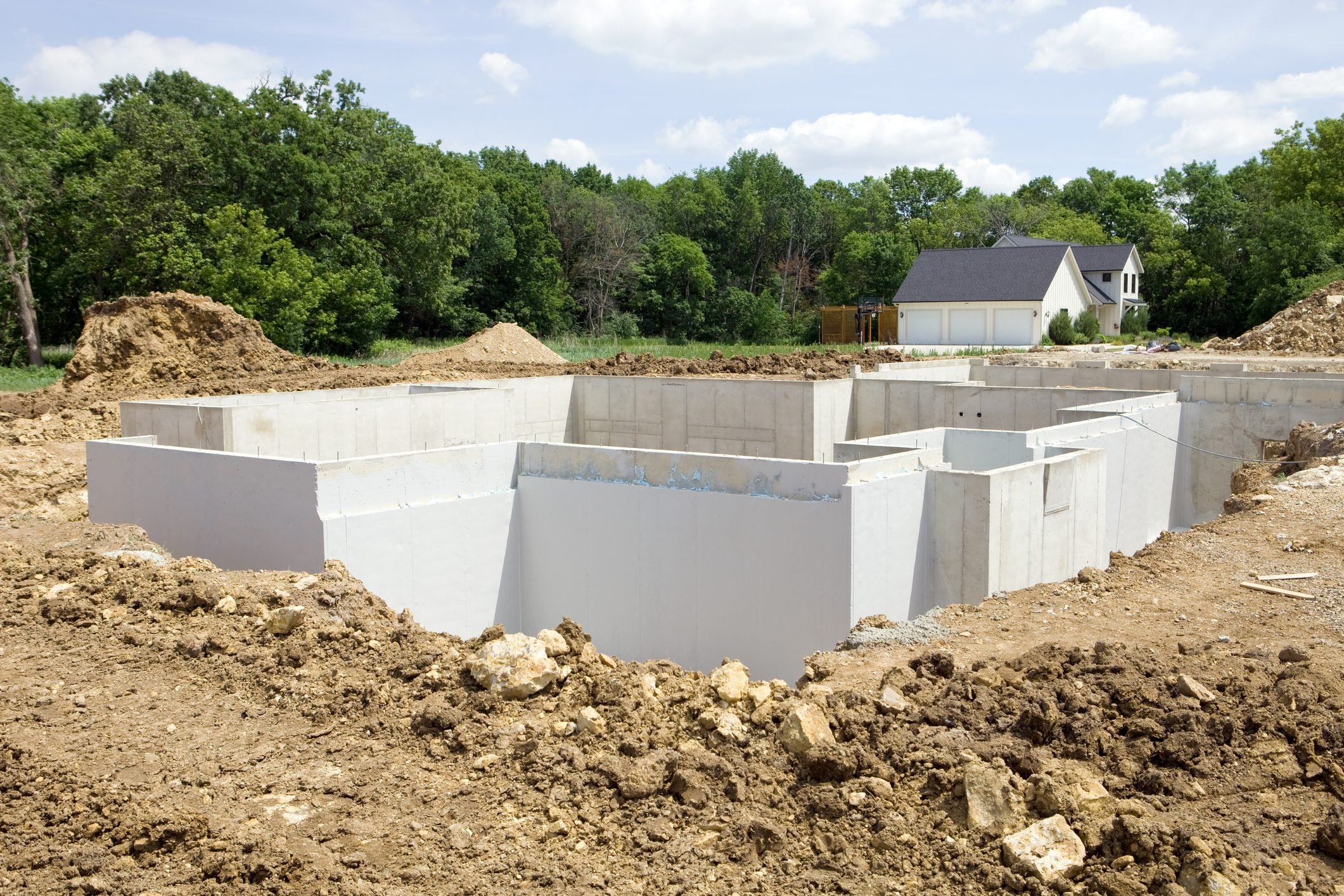Adding a basement to a house is difficult and costly, but it can be done. There are many factors to consider before you go ahead with this project.

Can You Add a Basement To a House?

My immediate reaction to the question of whether you can add a basement to an existing home was “No way!” It’s not the first time I’ve been wrong, though. Not even the first time today.
Turns out, adding a basement involves an incredible amount of work and would be extremely intrusive for people living in the house. In most cases, the home’s inhabitants will need to relocate while the work is in progress. But Alex Capozzolo, co-founder of Brotherly Love Real Estate, assured me it’s feasible.
As you’d expect, a process as labor-intensive as adding a basement is costly. The average price ranges from $50,000 to $150,000, depending on the size of the home, the type of foundation and whether the basement will be finished or not.
For all that, the return on investment can be 50 to 80 percent, depending on where you live. A new basement tends to add more value to a home on the West Coast than on the Eastern Seaboard. And Capozzolo says it’s not feasible in rainy places with high water tables and shifting soil, like Florida.
If you plan to have a waterproof basement, find out the cost of waterproofing your basement.
On This Page
How To Add a Basement To a House
If you’re thinking that adding a new basement involves lifting a house off its foundation, you’re right. Sometimes contractors move the house to an adjacent plot of land to give them more room to work. They then excavate the basement space and build a new concrete foundation for the house. Other contractors might support the house with underpinning while digging out for the basement.
If you’re thinking that this is no DIY job … well, right again. Capozzolo says adding a basement is definitely a job for pros.
It’s easier to add a basement to a house built on a perimeter or post-and-beam foundation than one on a concrete slab. Breaking up the slab can be difficult and problematic because it’s thick and may contain embedded plumbing pipes and electrical wires. No matter what type of foundation, adding a basement will necessitate new plumbing and possibly also new wiring.
If you’re considering adding a basement, Capozzolo warns there will be administrative hurdles as well. Start by checking with the city or county planning office, as well as your local homeowner’s association (HOA), to make sure the project is even legal.
If it is, you should have the existing foundation inspected. Then you’ll need to submit plans to the building department and HOA and get the necessary permits. If the house must be moved, you’ll need a plan and permit for that, too. Then get ready for an extended disruption to your routine, because the project could take as long as a year.
Pros of Adding a Basement To a House
Some people want a basement because local building codes or HOA regulations prevent them from adding a room or an outbuilding. Whatever the motivation for building it, a basement offers these benefits:
- Storage space: It’s almost impossible to have too much storage space. And because basements are typically cool, it’s a good place to store perishables, as well as garden and lawn tools.
- Extra living space: A newly-built basement is easier to convert into a living or sleeping area than an old one with seeping walls and musty odors. You can also move your laundry room to the new basement and free up valuable space upstairs. It’s also an ideal workshop space.
- Rental income: A finished basement with a bathroom, kitchen and separate entrance can generate income from a full-time tenant or as an Airbnb rental.
- Increased home value: A basement may increase property values by as much as 70 percent of the cost of building it. If you rent out your basement, the income and increase in home value could help you recoup your investment within a few years.
Cons of Adding a Basement To a House
The decision to add a basement is a big one involving a serious outlay of cash and a major — although temporary — disruption to your lifestyle. Besides the expense, some of the negatives to consider include:
- Somewhat risky: Any time you mess with your foundation, you risk problems from shifting soil, unforeseen drainage issues and structural changes to the home.
- Increased humidity: Because a basement is closer to the water table, it’s bound to get damp and possibly moldy. That can affect air quality in the rest of the house.
- More maintenance: If there’s water incursion, or if the soil drains poorly, you may need to buy and maintain a sump pump. Even without this, Capozzolo advises homeowners to expect extra maintenance issues, like waterproofing the walls and ventilating the space.
Basement Alternatives
if you want extra storage or living space without the hassle of building a basement, the obvious alternative is a room addition. If local zoning rules prohibit that, here are some alternatives:
- Convert your garage: This can give you almost everything a basement can for a lot less time, money and effort. Just park your cars outside or under a pre-fab carport.
- Enclose your porch: It takes about as much effort to enclose a porch as it does to convert a garage, and you can use the resulting space for almost any purpose.
- Construct an outbuilding: With living space becoming increasingly scarce and expensive, many building authorities are relaxing rules that govern additional dwelling units (ADU). Building one can be a worthwhile project if you have the room, and it’s a lot easier than digging a new basement.




















